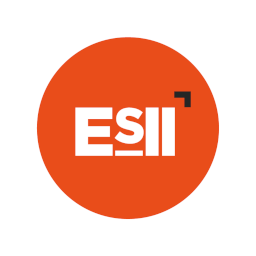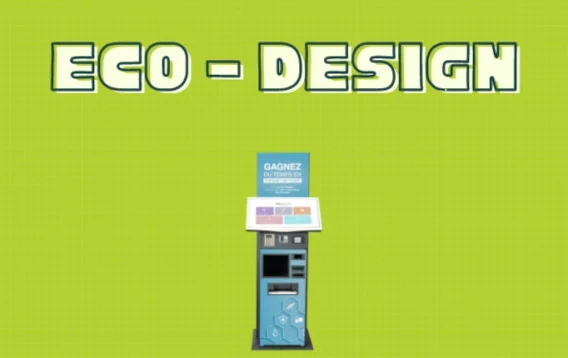If Quality of Work Life (QWL) appeared in France in the 2000s, it has existed since the 1950s in the English-speaking world under the name Quality of Working Life. Indeed, QWL is a global concept that appeared in the 1950s, with Eric Trist, of the Tavistock Institute in London, within the framework of research updating the limits of Taylorism.
Two foundations then emerged. In the USA, it was born in the 1960s, following the work of Maslow and Mc Grégor on the “needs” and “motivation factors” of employees. The term rather oriented towards personal development was first mentioned in 1972 at an international conference in New York. On the European side, it will be perceived more as a concept aiming to have a work collective pushing for employee participation. The appearance of this concept to renew the working conditions for employees given that all the actions implemented, aim to boost the motivation and commitment of everyone.
The wording QWL can be perceived differently according to each individual. But globally collectively, it corresponds to the feeling of well-being at work and from an individual point of view, it encompasses the atmosphere, the culture of the company, the interest of the work, the working conditions, the feeling of involvement, the degree of autonomy and accountability, equality, recognition and valuation of the work done.[2] This approach is therefore based on a set of actions aimed at the personal and professional development of each employee. The OpinionWay & Gymlib survey establishes priority factors for employees:
- Respondents agreed 95% that life balance was an essential factor.
- Followed by having an interesting job (94%),
- Having sleep (92%)
- Having access to physical and sporting activities (74%).
The covid-19 crisis has only accentuated the importance of having a healthy and attractive work environment. Indeed, at the start of the pandemic, companies had to react quickly by changing their organizations, with work from home as the first indicator. This new practice has upset the habits of workers who have seen their daily lives change. This is why companies have had to, and still have to, regularly monitor employees in order to best adapt to their requirements. In addition, post-crisis management begins with the search for well-being and quality of life after this dizzying period, which appear to be the two real levers of motivation and productivity.
ESII and quality of working life
At ESII, the quality of life at work is a priority. Indeed, the company introduces many actions towards this objective. You should know that the premises are a first investment allowing employees to simply reconcile work and leisure. In particular with the fully integrated kitchen made available, with the equipped sports room, or with the creativity room accessible to all and soon with the opening of the room dedicated to « well-being ».
In order to create stable and efficient working relationships, the company sets up service, strategy and governance meetings in each department as well as two annual general meetings. In addition, many events are offered internally to maintain this link, such as the outing to the Fabrègues golf course, the breakfast presentation of the website… Many efforts are made so that the company’s employees evolve in a positive atmosphere. Recently, during the reception of the Montpellier Clémenceau second chance school in the premises, the working atmosphere was an aspect raised by the students who confided during their reporting that they felt good in a company where the employees themselves, seem to be fulfilled. In addition, since employees are at the heart of the system, ESII ensures that all employees have taken at least one training course every 6 years.
However, the company emphasizes the possibility of taking time off which allows all employees to take time for themselves. Whether it’s for medical appointments, to play sports, or to see their family. Everyone is free to use them as they see fit when they need them. Employees seem, like Nathalie or Geoffrey, to appreciate this advantage which gives them a certain flexibility in their schedules.
Articles reliés
-

- News
- ESII
- CSR
Eco-design: The Twana™ XL use case
-

- News
- CSR
Worklife at ESII
-

- News
- CSR
ESII, company with a mission





